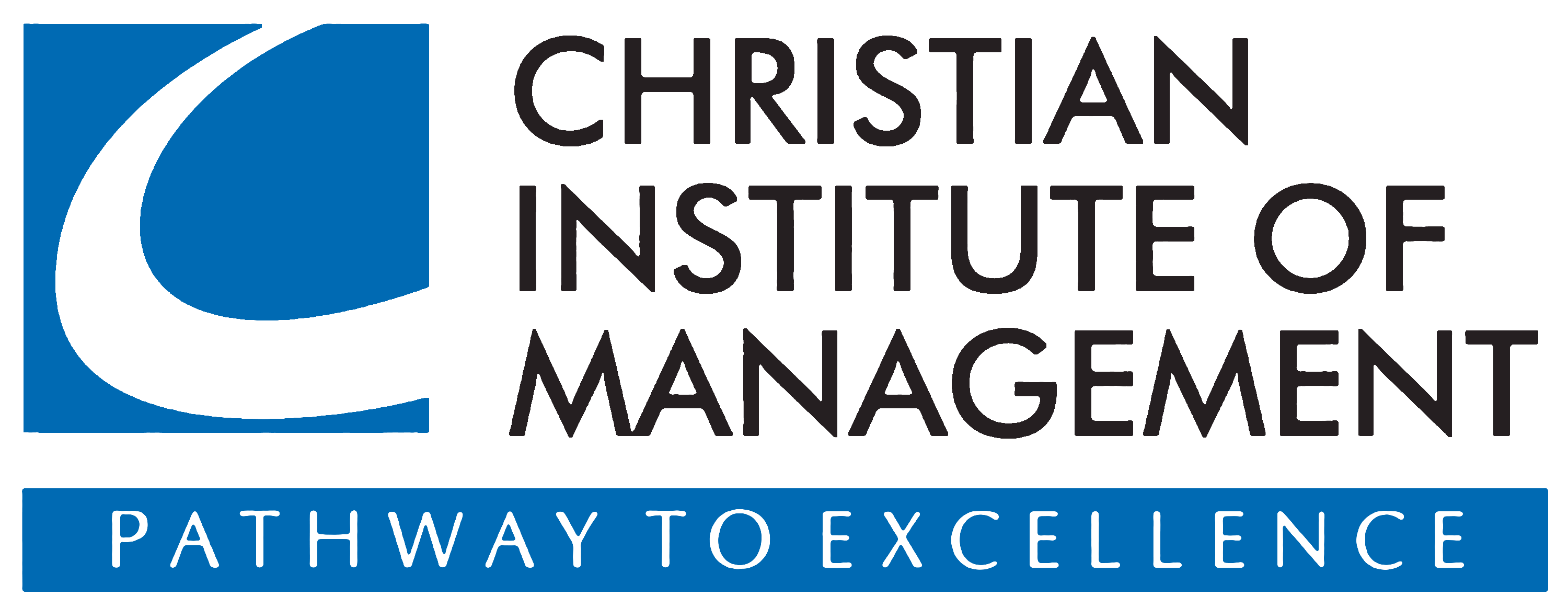Leadership Development Programme
- onlinecourses14
- Feb 8
- 3 min read
Updated: Feb 12

‘Excenomics’ for Organisational Success
Excenomics, a term coined from excellence and ‘nomics’, denoting the law/science of excellence, is an interdisciplinary topic crucial for organisational success, said Dr. Prateep Philip, former Director General of Police (DGP) of Tamil Nadu, during a leadership development programme conducted by CIM on January 30, 2025. He urged the participants to embrace the motto: ‘Be at it to Beat it”, which means to overcome a challenge, achieve success, or master something, you must stay engaged, persistent, and keep working at it.
Christian Missions Charitable Trust (CMCT) initiated the programme and partnered with CIM to conduct it for the leaders of both organisations. The event was held at the Ramada Hotel in Chennai. Mr. Raja Christopher, CIM’s Director of Training, emceed the event. Dr. Aby Alexander, the Executive Director, set the context and welcomed the participants. This was followed by a worship session led by Mr. David from CMCT.
During the devotional speech, Dr. Anand Samuel, a board member of CIM, cited Biblical examples, including Lord Jesus and Daniel, and emphasised the importance of continuous learning and reliance on God for leadership guidance. He encouraged the participants, calling them CEOs: ‘Christ-Empowered Officers’.
’Achieving Excellence is a Lifelong Journey
During the following session, Prof. J. Philip, founder and chairman of the Xavier Institute of Management and Entrepreneurship (XIME), spoke on managerial excellence, sharing valuable lessons from his extensive 60-year career. At 24, he began teaching at XLRI, Jamshedpur, before moving to the Steel Authority of India Ltd. (SAIL) and later to the Oberoi Group. He later became director of IIM Bangalore despite not holding a PhD, a testament to his exceptional performance. He founded XIME in Bengaluru with just ₹10,000, overcoming challenges through determination and ultimately growing it into a ₹250 crore institution with campuses in Bengaluru, Chennai and Kochi.
He explained that managerial excellence stems from passion, hard work, commitment, values and innovation. He also emphasised the importance of preparation, interpersonal competence and trust-building. He urged those present to reflect on questions such as ‘Can you be trusted?’ and ‘Will you be consistent?’—highlighting the necessity of ethical leadership. He concluded his lecture with the following message: Achieving excellence is a lifelong journey that extends beyond personal success to contributing to society and those around us.
During the afternoon session, Mr. J. S. Anbu conducted an engaging management game, illustrating the importance of building a solid foundation before pursuing growth.
Culture of Love and Trust
During the last session, Mr. Daniel Jacob, Senior Vice President of EC Group, spoke about excellence in capacity building. He emphasised that every staff member must try to upskill and equip themselves within their domain. He encouraged participants to enhance their capabilities in driving organisational improvement and recommended several insightful books for guidance.
Mr. Daniel quoted the management guru Peter Drucker: “Culture eats strategy for breakfast”. This means that no matter how brilliant a strategy may be, the organisational culture determines its success or failure. He explained that this refers to fostering a “culture of love and trust” within organisations.
He also discussed the BRAVING concept by Brené Brown, a framework for building trust in relationships and oneself. BRAVING is an acronym representing key trust-building principles: Boundaries, Reliability, Accountability, Vault (confidentiality), Integrity, Non-judgment and Generosity.
Daniel said, “A shame-free, inclusive work culture creates an environment that fosters acceptance, learning and capacity-building”.
Mr. Mani Manjul Philip, Director of CMCT, delivered the vote of thanks. He concluded by stressing the importance of such workshops in motivating and equipping the staff of both CIM and CMCT.







